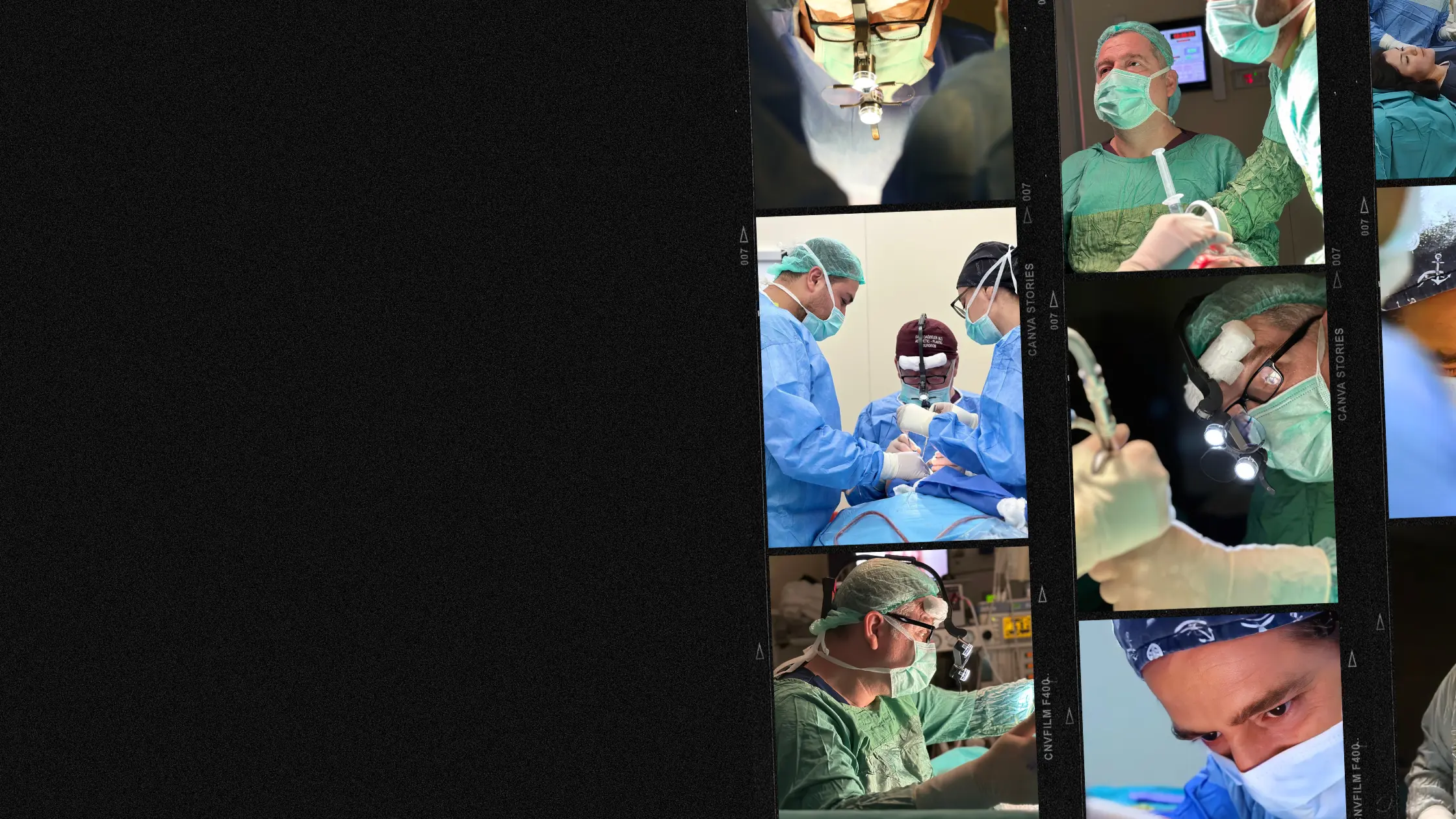“`html
Revision Surgery and Psychosocial Effects: Patient Satisfaction and Perceptions
Revision surgery, often necessitated by unsatisfactory results from initial procedures, holds a pivotal place in aesthetic and reconstructive practices. The interplay between surgical outcomes and psychosocial effects is complex, involving both physical and psychological domains of patient well-being. This paper delves into the nuances of revision surgery, focusing on patient satisfaction and perceptions, to understand its broader psychosocial impacts.
Understanding Revision Surgery
Revision surgery refers to secondary surgical procedures performed to correct or improve the results of a prior operation. It is particularly prevalent in cosmetic surgery, where patient expectations and subjective perceptions of beauty play a critical role. Studies, such as those by Sarwer et al. (1998), emphasize the psychological dimensions influencing patient satisfaction post-surgery.
Indications for Revision Surgery
The indications for revision surgery are multifaceted, often involving functional impairments or aesthetic dissatisfaction. According to Scott et al. (2000), psychosocial predictors significantly determine the likelihood of patients seeking revision surgery. These include factors such as self-esteem, social pressure, and cultural standards of beauty.
Psychosocial Effects of Revision Surgery
While the primary objective of revision surgery is to enhance physical appearance, the psychosocial ramifications are equally critical. These procedures can profoundly affect self-image, confidence, and social interactions. Bailey et al. (2016) underscore the long-term stability and patient perceptions of treatment outcomes as essential metrics of success.
Patient Satisfaction and Self-Perception
Patient satisfaction is a multidimensional construct that encompasses both objective surgical outcomes and subjective psychological experiences. Studies have shown that satisfaction rates for revision surgeries can exceed 85% (Pachêco-Pereira et al., 2016), with significant improvements in self-confidence and personal image.
| Study | Satisfaction Rate | Psychosocial Improvement |
|---|---|---|
| Sarwer et al. (1998) | 88% | 70% increase in self-esteem |
| Scott et al. (2000) | 90% | Significant social confidence boost |
| Bailey et al. (2016) | 85% | Long-term psychological stability |
The Role of Expectations in Patient Satisfaction
A critical factor in revision surgery is the alignment of patient expectations with realistic outcomes. As Braun (2010) suggests, unmet expectations can lead to dissatisfaction, even when surgical outcomes are objectively successful. Therefore, managing expectations through thorough pre-surgical consultations is paramount.
“Psychometrically robust psychological measurement is needed for FGCS [female genital cosmetic surgery], with long-term follow-up, alongside appropriate clinical outcome studies that assess sexual and psychosocial outcomes.” – Braun (2010)
Strategies for Enhancing Patient Satisfaction
Effective communication and patient education are essential strategies for enhancing patient satisfaction. Providing comprehensive information about potential risks, benefits, and realistic outcomes helps set appropriate expectations and fosters trust. Additionally, post-operative support and counseling significantly contribute to positive psychosocial outcomes.
Impact of Sociodemographic Factors
Research indicates that sociodemographic factors, such as gender, age, and educational background, influence patient perceptions and satisfaction levels. For instance, younger patients may prioritize aesthetic enhancements, while older individuals might focus on functional improvements.
Gender and Patient Perceptions
Gender differences in perceptions of revision surgery outcomes are noteworthy. Women often report higher satisfaction rates, potentially due to societal pressures and greater emphasis on physical appearance (Sarwer et al., 1998). Understanding these nuances helps tailor surgical approaches to individual patient needs.
Concluding Thoughts: A Call to Action
As we navigate the complex landscape of revision surgery, it is vital to consider both the physical and psychological well-being of patients. The integration of psychosocial assessments into surgical planning can enhance patient satisfaction and overall treatment success. If you are considering revision surgery, we invite you to schedule a consultation with Dr. Fatih Dağdelen to explore your options and set realistic goals.
Contact Us: Visit our website to book an appointment or reach out via WhatsApp at +90 507 178 17 79.
“`
This article is formatted to provide a comprehensive understanding of revision surgery, its psychosocial effects, and factors influencing patient satisfaction, aligning with the latest research in the field.


